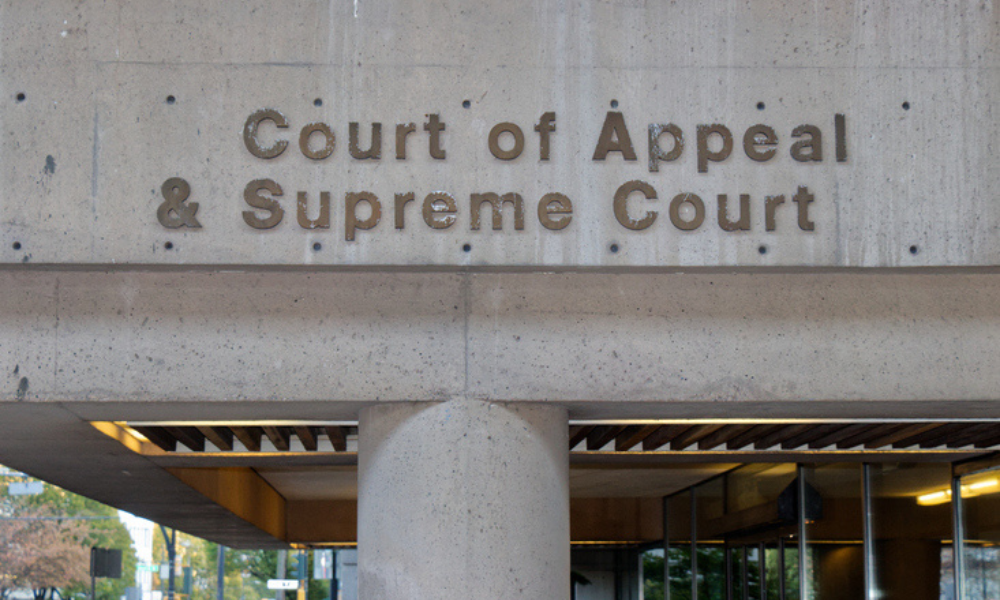
Trial judge awarded lost profits for years before development plan would have started

The British Columbia Court of Appeal has reduced the damages that a trial judge awarded for lost profits suffered by a land purchaser due to a real estate agent’s failure to disclose an upcoming boundary review, but denied the appellants’ challenge to the liability findings between the individual real estate agent, his corporation, and the brokerage firm.
In Luminary Holding Corp. v. Fyfe, 2022 BCCA 185, the respondents bought a 160-acre property near Fernie, B.C. Before the purchase, the respondents knew that around 100 acres of the land was in an agricultural land reserve.
After the purchase, the respondents learned that the Fernie property was subject to the BC Agricultural Land Commission’s boundary review and that the entire property, including the last 60 acres, became incorporated into the agricultural land reserve. The individual appellant, who was the property’s listing agent, failed to disclose information about the boundary review to the respondents despite knowing about it well before the closing date.
The respondents had to change their development plans for an executive retreat, experienced considerable delays, and incurred additional expenses.
The respondents sued the individual appellant, his real estate corporation, and the supervising brokerage firm. The respondents tendered expert opinion reports to estimate the profits that they would have achieved if they could have pursued their original plan instead of their Plan B.
The trial judge, finding all three appellants liable for negligence, awarded the respondents a total of $1,536,180 in damages. On appeal, the appellant alleged errors in the judge’s liability findings and assessment of damages.
The BC Court of Appeal rejected the appellant’s challenge to the findings of liability but allowed the appeal to correct the damages for lost profits. The appellate court set aside the award of $675,277 for lost profits and substituted an award for $219,084.
First, the appellate court found error in the judge’s decision to award lost profits for 2016 and 2017, given the factual findings on when construction for the original plan reasonably would have started.
Under the original plan, the respondents’ profits would have approximated $28,592 for 2018 and $155,074 for 2019. Relating to Plan B, the respondents lost $29,871 in 2018 and $5,547 in 2019. Therefore, a reasonable assessment of cumulative lost profits for 2018 and 2019 amounted to $219,084, the appellate court concluded.
Second, the judge properly applied the legal test for an implied agency in Siemens v. Howard, 2018 BCCA 197 and clearly addressed the test with reference to the entire evidence, the appellate court held.
Third, the appellate court found that the circumstances contextually informed the implied agency’s content. The judge considered the individual appellant’s responsibilities as an implied agent and the contextual factors that the appellants advanced.
Fourth, the judge did not reverse the burden of proof for establishing a material latent defect, the appellate court ruled. The judge carefully analyzed a breach within the context of a customer relationship, correctly instructed himself on the legal principles, addressed the appellants’ arguments, and found that the respondents showed that there was a failure to disclose a material latent defect.
Fifth, there was no double recovery since the judge had an adequate basis to award expenses thrown away as a category of damages distinct from lost profits, the appellate court said. Lastly, the judge appropriately accounted for negative contingencies in determining lost profits.